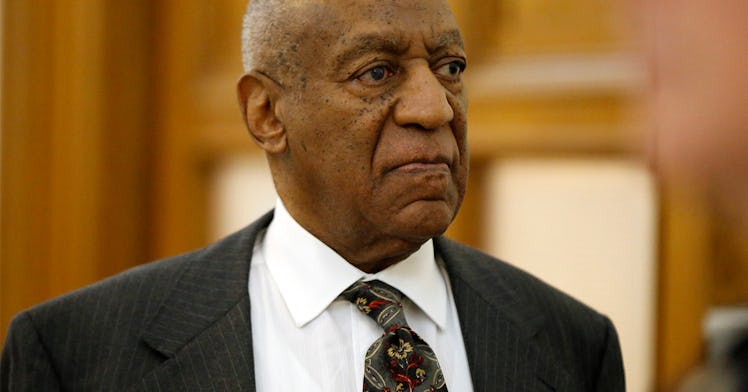Parents Really Want Cosby’s Kids Book Pulled From School Libraries
Every other book under fire is sexually explicit.

The American Library Association is the oldest and largest library group in the world. Every year they provide a report on the State of America’s Libraries. Within the report, the ALA includes a list of 10 books deemed unsuitable by some 323 readers and flagged for potential censorship. These books are not banned. They are books parents or students want removed from school libraries. None of the books on the list contained sexually explicit content. The tenth was Bill Cosby’s Little Bill. That book made the list not because of its content, but because of its author.
The ALA is against censorship and urges readers, including children, to speak out for the books on the list. Although a case can be made to the other nine books and their graphic nature. For example, the Eisner-nominated, Sex Criminals is a graphic novel on the list, which follows a couple who can freeze time only when they orgasm. That sounds like fun for you, but it shouldn’t be near kids. That makes sense.
Little Bill books follow the life lessons of Bill Jr., a 5-year-old boy from Philadelphia. The book series was so popular, it became an Emmy Award-winning cartoon series in the early 2000s. It was also forgettable enough that everyone pretty much forgot about it. And maybe that’s what makes finding the books in a public library so jarring.
It’s worth noting that no kids are being hurt by these books. Parents, aware of the tsunami of accusations against the former Cosby Show star, don’t want smaller hands near that tainted name. That’s an understandable sentiment, but it’s curious given how many library mainstays did awful things. William Golding, the author of Lord of the Flies, attempted to rape a girl when he was a teenager. Williams S. Burroughs, the author of Naked Lunch, shot and killed his wife. Even moody Edgar Allan Poe married his cousin, who was just 13-years old at the time. There’s no equivalency there, but there is clearly a double standard when it comes to censoring books based on author reputation.
Maybe there should be. After all, readers sophisticated enough to enjoy Naked Lunch are not going to confuse a talented smackhead with a role model.
ALA Office for Intellectual Freedom Director James LaRue went on CNN to ascribe the suggested Cosby ban to Americans’ fascination with celebrity. “If we love the person we love everything about him. If we hate the person we hate everything about him,” he said. “We don’t seem to be able to separate the message from the messenger.”
This article was originally published on